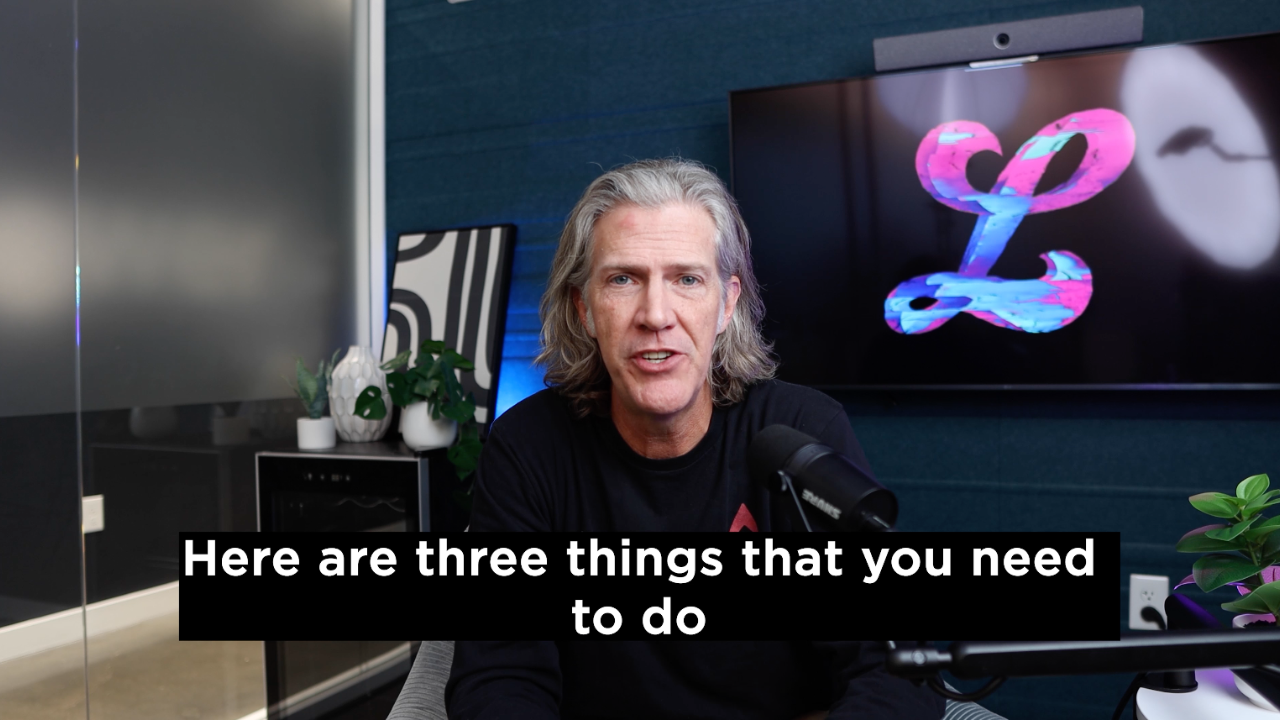Saving for retirement is important, but so is saving enough for a house down payment.
So which should you do first?
If you’re concerned about your retirement saving, you probably already know that the younger you are when you start contributing to a 401(k) or IRA, the longer your compounding interest will have to build on itself.
In fact, according to Vanguard, a hypothetical investment of a dollar when you’re 20 would grow to $5.84 by the time you retire at 65. In contrast, if you wait to invest that dollar until you’re 55, it’ll only grow to $1.84.
So getting started on your retirement funds as soon as possible is extremely important.
But then again, so is your current quality of life, which, owning your own home would have a big impact on. Not to mention that owning a home is another great way to build wealth!
According to the Census Bureau, homeowners on average have a net worth that's 80 times higher than that of renters. That’s a staggering statistic!
So, with your future savings and financial goals in mind, what’s the smartest place to focus your savings right now?
Temporarily Focus More on Saving for a Home than Retirement
You shouldn’t wait to save for retirement.
However, whether contributing to an IRA, 401K, SEP, or another type of retirement account, you’ll be contributing for the rest of your working years.
If you feel strapped and unable to put away money for both savings goals, it’s alright to prioritize home buying over retirement spending for a short period of time.
Saving to buy your first home is a short-term goal, so it's perfectly fine to skew your money in that direction until you get what you need for a down payment and other upfront costs of buying a home.
By saving for a larger down payment, you'll also be able to decrease your monthly mortgage payment and potentially avoid private mortgage insurance, freeing up more cash in the long run.
Once you move into your dream home, you can increase your retirement savings and play catch up or permanently put more money towards your retirement savings goals.
Utilize Matching of Employer-sponsored Retirement Plans
Even though you might reduce your retirement savings for a short time, you should never pause contributing to employer-sponsored retirement plans that offer matching.
Depending on the type of account and your employer's chosen contribution, you might receive a dollar-for-dollar match or a percentage match up to a certain amount. This is FREE money, so you should always make sure you contribute at least enough to get the full matching amount for your retirement plan.
Of course, you don’t actually "own" the money your employer contributes until you are fully vested, but it's in your retirement account and will grow in tandem with your contributions. If you haven't started saving for retirement yet, you should start with your employer-sponsored plan while you save for a house.
Tighten Up Your Spending
If you’ve already been saving for your retirement and don’t want to reduce your contributions while preparing for a home loan, tighten up your spending to provide extra money.
Those who are already frugal might not be able to find extra money in their budgets. However, most can forego certain luxuries and entertainment for a short time to meet their financial goals.
Examples of how you can tighten spending to help you save for a home and retirement at the same time include:
- Work out at home instead of spending $40 to $60 per month at the gym.
- Only dine out for especially special occasions, not just because it’s Taco Tuesday. Instead, cook at home to save money.
- Only buy clothing if you absolutely need it and consider heading to a thrift store (thrifting is eco-friendly and especially trendy these days, anyway).
- Buy generic products and clip coupons to save money grocery shopping.
- Eliminate cable, satellite, and multiple streaming subscriptions. Pick one or two you absolutely cannot live without.
- Give yourself manicures/pedicures at home instead of spending $50 to $100 at the nail salon.
- Drink more water and eliminate soda, alcohol, energy drinks, and other costly beverages.
Some items above will be dealbreakers. That's okay. You do not have to give up everything you love to save money.
However, make the little lifestyle changes you can, and you could easily come up with several hundred dollars per month to help you meet your saving goals.
Sell Personal Assets to Raise Money for Buying a Home
Another way to come up with additional money for buying a home without adjusting your current retirement contributions is to sell stuff.
If you’re partnered up or married, we strongly suggest NOT selling your partner's or spouse's things without a discussion. WARNING: Failure to follow this advice could mean you will have to purchase a dog house to sleep in.
However, moving to a new house requires some purging for most people, anyway. Why wait? Go through your clothing, jewelry, furniture, household items, and other personal items and get rid of the things you do not want, need, or use anymore. You can sell them on Facebook Marketplace, Craigslist, in a consignment shop, or anyplace you’d like to get some cash in hand towards buying a home.
Earn Extra Income with a Side Gig
Increasing your income is another way to ensure you can save for your home and retirement simultaneously, especially if you aren't willing or able to decrease spending or sell a few things for cash.
Consider getting a part-time job. If you don't want to be tied to a time clock, you can find more flexible opportunities. Try to find side gigs that allow you to monetize skills you already have.
Multiple websites exist to help people make extra money doing things from dog-walking to writing computer code. Fiverr.com and Upwork.com are two great resources to find contract and freelance positions, including marketing, social media management, writing, coding, translation and more.
If you prefer manual labor and helping others with everyday tasks like moving, cleaning, or fixing stuff, give TaskRabbit.com or Wonolo a try.

















.svg)

.svg)















